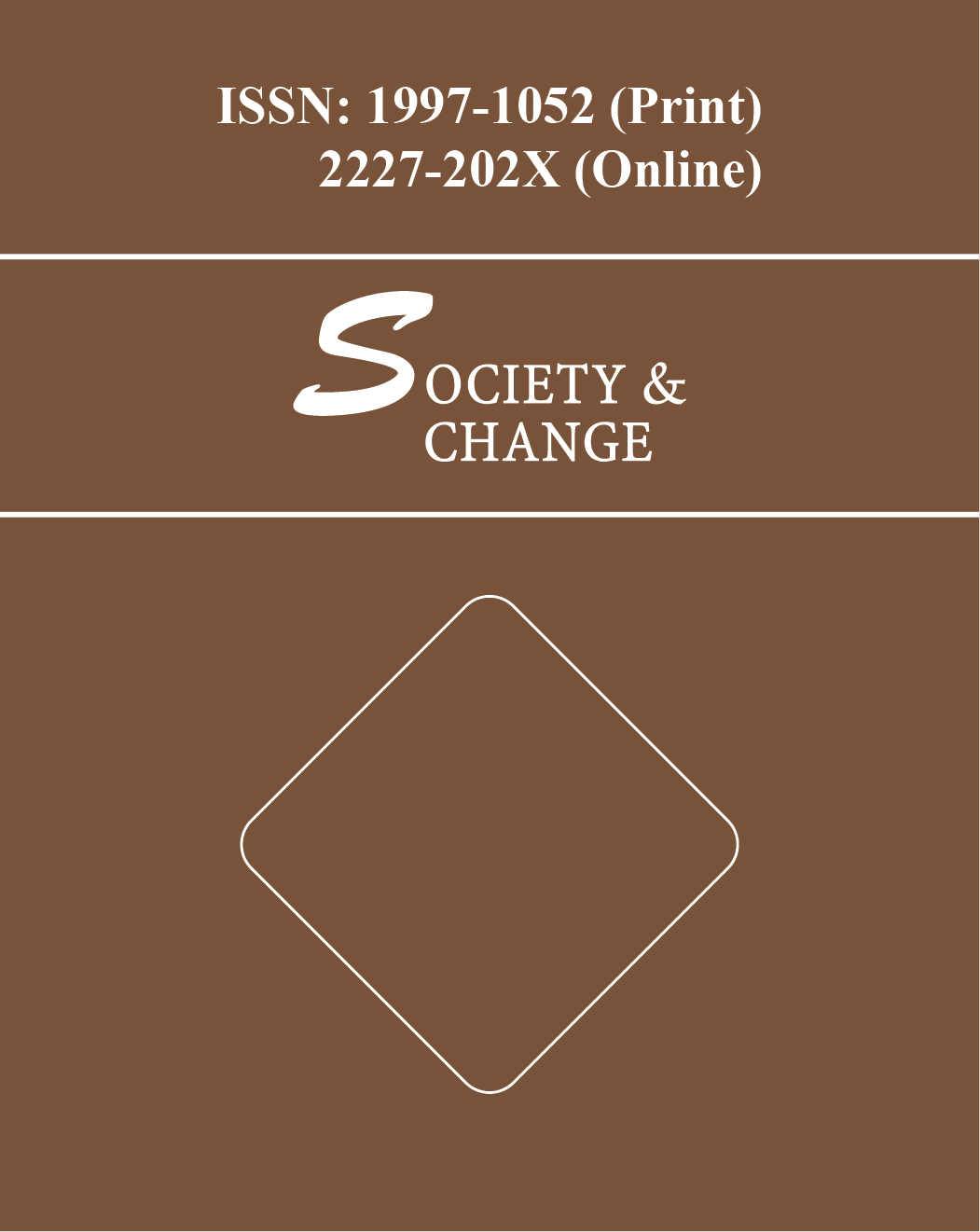Happiness is the basic key of happy and successful life. In India, marriage is nearly universal - guided by number of conventional individuals, familial, and socio-economic and cultural characteristics. As it remains as an essential component in the study of population and endures many other significant events in human life, it would be imperative than ever before to understand happiness among newly married individuals which may have a number of policy implications. Finally, this study was focused on the factors leading to happily married life. First-hand information was collected from a cross-sectional cohort of newly married individuals (Total: 502 individuals, Male: 251 and Female: 251) in Varanasi. Standard and widely verified marital happiness scale was used to measure the marital happiness. Descriptive statistics and ordered logistic regression were used as methods of analysis. After analyzing the data It was clear that there are several factors important for happily married life. Results presented a distinct picture where individuals married aged 23-26 was happier in their marital life than ≤22 and ≥27 years age. If the social support changes from low to high, the marital happiness from low to high was increase by 6.579 times (p<0.001; CI: 3.366-12.858). Rural people were much happier than urban people. The study presented that female was less likely to (OR: 0.49; p<0.000; CI: 0.32-0.74) happier than male. Study also found that wealth status was negatively correlated with marital happiness. Higher educated people were more happier than less educated people. Large variations in the happiness level among newly married individuals have been observed in this study. Interpersonal-communication among individuals, familial relationship, education and social-supports remained as the significant correlates of marital happiness among studied individuals. This study has broad implication for married people and beneficial for the social worker and marriage counselors.



 Additional Indexing
Additional Indexing